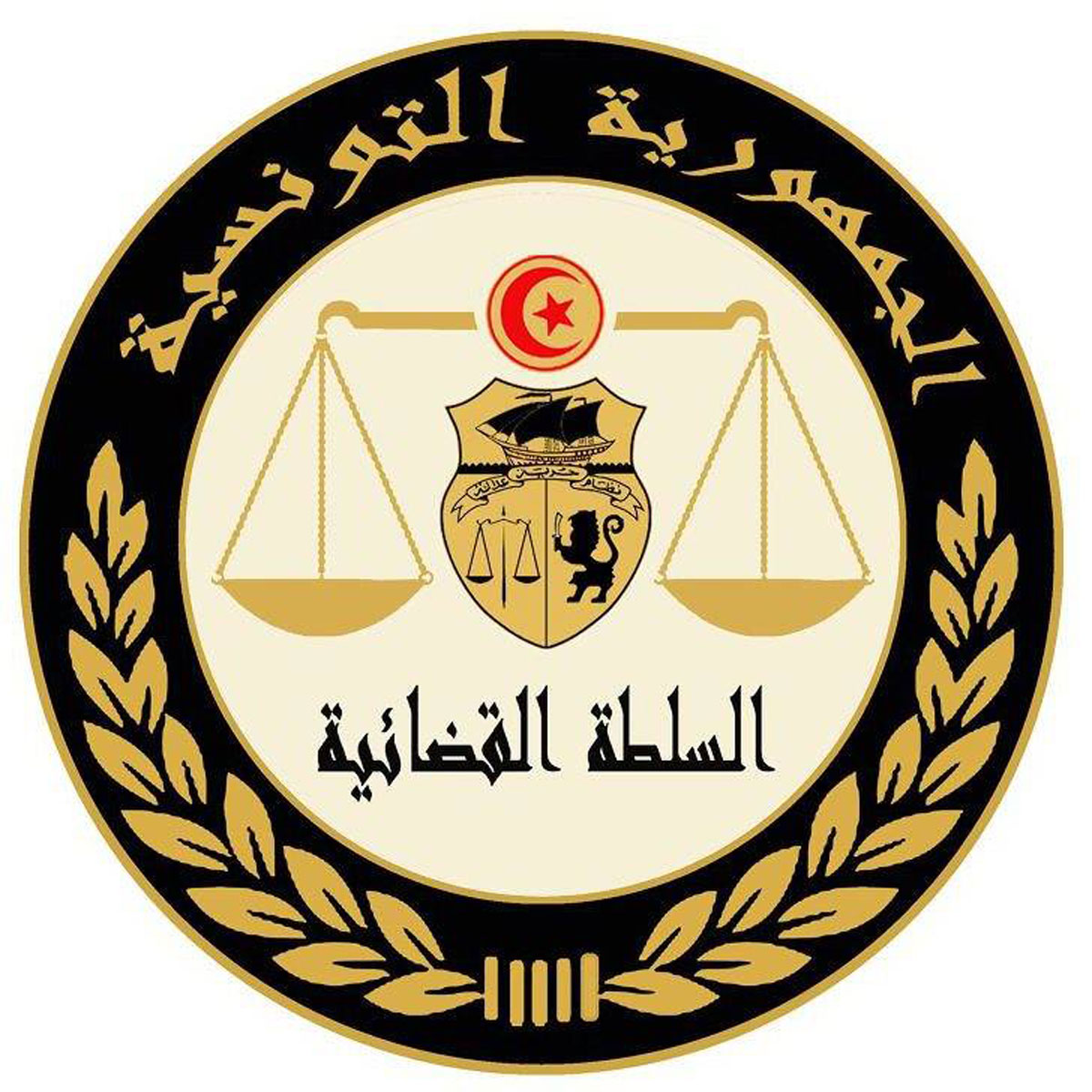A high court in Tunisia has issued an opinion that the country’s anti-homosexuality law is unconstitutional. The law will remain on the books unless it is overturned by Tunisia’s Constitutional Court, but any defendants charged under the anti-homosexuality law, Article 230, can cite the new opinion from the Court of Cassation in their defense.

Seal of the Tunisian Court of Cassation
Mounir Baatour, founder of the Tunisian LGBTQ rights organization Shams, explained the situation:
“Article 230 remains in force, but what has changed is that now any defendant who is tried under Article 230 can cite the ruling of the Court of Cassation to the court before which he is tried. … There is a great chance that people will be acquitted of charges of homosexuality because the Court of Cassation has undercut Article 230.”

Logo of Shams
The opinion from the Tunisian Court of Cassation came in the case of a gay man, M.R., who was charged with violating Article 230 after he complained to police that he had been raped by his former boyfriend.
The court stated that it considers Article 230 to be contrary to international treaties and to the Tunisian Constitution, newly adopted on July 25.
Shams, which supported M.W.’s appeal, will ask the Constitutional Court to rule whether Article 230 is constitutional or not, Baatour said.
He said the ruling sends “a message of hope” and called it an “historic decision, for which we thank the Court of [Cassation], which showed objectivity and embraced universal human values and adhered to constitutional values and principles, foremost among which is the right to a fair trial and equality among all citizens without discrimination.”
Shams, he said, will “continue to work towards the creation of a renewed jurisprudence … [in order to] make Tunisia a country that embraces all its daughters and sons within the bounds of respect, diversity and peaceful coexistence between its various differences.”
COMMENTS